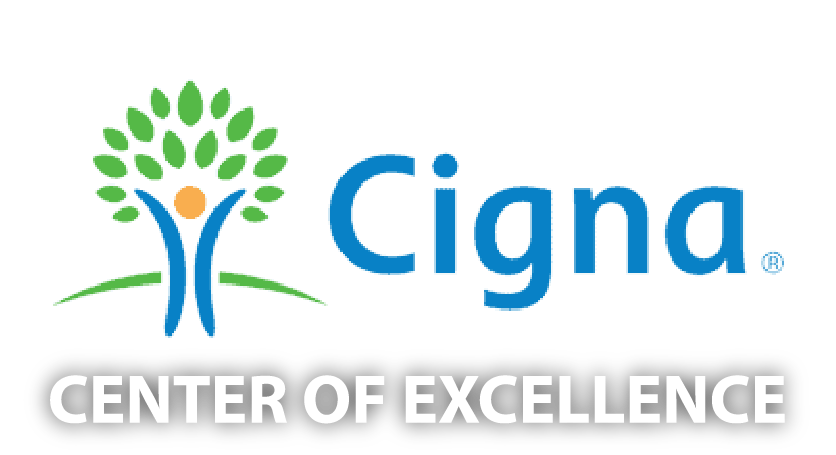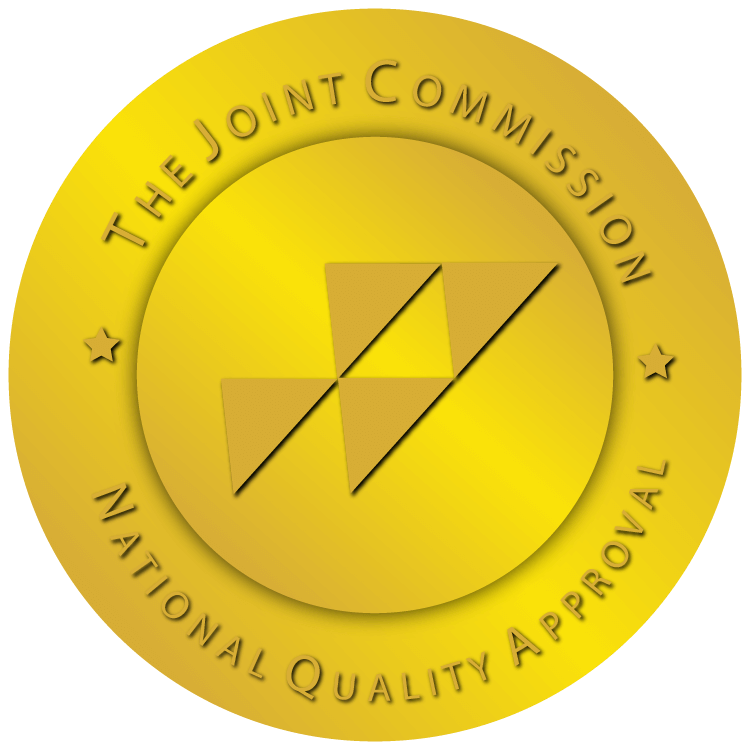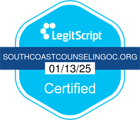
The most common question asked by individuals seeking substance use treatment is, “How will I protect my job and finances during recovery?” Affording life while in treatment can feel daunting. Worries about job security and managing bills during a 30-day program often prevents individuals from seeking the help they need. You are not alone! Oceanrock Health in Newport provides a safe space, educating individuals about resources that support their recovery and financial stability.
What is Residential Treatment & How Do I Protect My Job & Finances During Recovery?
A primary reason people hesitate to enter a 30-day residential treatment program is fear of losing their job or managing finances. Many individuals simply don’t know that numerous resources exist to help them overcome these barriers. Let’s break down the most common concerns and the support available to protect your job and finances during recovery.
Top Concerns About Protecting My Job & Finances During a 30-Day Residential Treatment Program
“Will I Lose My Job During Treatment?”
Job security is a major worry for many entering residential treatment. While transparency is recommended with your employer, there are legal protections in place to safeguard your employment during recovery. The Family and Medical Leave Act (FMLA) allows for 12 weeks of unpaid, job-protected leave for substance abuse treatment. Depending on your state, there may provide additional protections, for example: California privacy laws ensure your medical leave specifics remain confidential, so your employer won’t know details unless you choose to share them.
“How Will I Afford My Bills While in Treatment?”
Managing bills and financial responsibilities while in a residential treatment program can seem overwhelming, but several ways exist to maintain financial stability during treatment. Short-term disability benefits, health insurance coverage, and Employee Assistance Programs (EAPs) can help cover the costs of living while in treatment. Many treatment centers also offer scholarships, sliding scale payments, and financial aid to make treatment more accessible.
“Can I Still Support My Family During Recovery?”
Supporting loved ones is another primary concern. While in residential treatment, it’s essential to communicate openly with your family about available resources. From financial planning services provided by EAPs to family counseling, these programs ensure that your family’s well-being is supported while you focus on your recovery. Health insurance and financial aid can also assist with covering the cost of treatment and maintaining stability at home.
How to Use Resources to Protect My Job & Finances During Recovery
Aside from legal protections like FMLA, several other resources exist to help you navigate both job security and financial concerns while focusing on your recovery. Many employers offer Employee Assistance Programs (EAPs), which are specifically designed to help employees manage personal issues, including substance abuse, without risking their jobs.
Leverage EAPs for Support
An EAP can provide free, confidential services, including short-term counseling and financial planning. This helps you focus on recovery while safeguarding your employment status. The program can also work with your health insurance to minimize out-of-pocket costs, ensuring that both treatment and financial obligations are manageable.
Utilize Health Insurance & Disability Benefits
Health insurance plays a pivotal role in reducing treatment costs. It often covers portions of inpatient and outpatient programs, allowing you to focus on recovery without the added stress of mounting bills. Short-term disability benefits can also provide partial income while you’re away from work, making it easier to handle your regular financial responsibilities.
Addressing Long-Term Financial Planning to Protect My Job & Finances During Recovery
Once you’ve decided to enter a residential treatment program, it’s also essential to think about your long-term financial health. While short-term disability benefits and other aids are vital, creating a plan for aftercare is just as important. This ensures that once treatment is complete, you continue to meet your financial obligations while staying on the path to recovery.
Budgeting and Financial Planning for the Future
Entering treatment often means stepping away from your regular income for an extended period, so planning ahead is key. Consider creating a budget that outlines your expected expenses during treatment and for the months following your program. Setting up automatic payments for bills such as utilities, rent, and credit cards can help prevent late fees or a dip in your credit score while you focus on recovery.
Look into financial counseling services offered by your EAP or local non-profit organizations. Many of these programs provide free or low-cost financial planning advice to ensure you remain financially stable during and after treatment. Strong financial planning not only helps you protect your job and finances during recovery, but it also sets you up for long-term success once treatment is over.
Planning for Aftercare and Continuing Support
Recovery doesn’t end after 30 days, and neither should your financial planning. After completing a residential treatment program, you might transition to outpatient care or require additional time off from work. Fortunately, most FMLA and disability benefits can extend to cover aftercare programs like therapy and counseling, helping you maintain both your sobriety and financial stability.
For individuals with families, it’s essential to explore any additional family support services that might be available through treatment centers, such as family therapy or educational programs. These services can help ensure that your family’s emotional and financial well-being remains secure throughout your recovery journey.
Protecting My Job & Finances After Recovery: Returning to Work
After completing your residential treatment program, returning to work can feel overwhelming. However, with the right preparation and mindset, you can transition smoothly back into your professional life.
Communicating with Your Employer
You aren’t required to disclose specifics of your medical leave. However, you may discuss your experience with your employer. This is especially true if your workplace has ongoing recovery support systems. Be open about your continuing care needs, like outpatient programs or therapy. Ensure your employer understands your commitment to maintaining your health and well-being.
Establishing Work-Life Balance Post-Recovery
It’s important to set boundaries that promote a healthy work-life balance after treatment. Overcommitting to work or taking on too much responsibility too soon can be detrimental to your recovery process. By gradually reintegrating into your job and maintaining a strong support system, you’ll be able to focus on long-term success without risking relapse.
Utilize Workplace Accommodations
Under the Americans with Disabilities Act (ADA), employees recovering from substance abuse disorders are entitled to reasonable accommodations at work. This might include flexibility in scheduling, extended breaks, or time off for continued therapy. These accommodations can help ease your transition back into the workforce while ensuring that your recovery remains a priority.
Conclusion: Protect Your Job & Finances During Recovery
In conclusion, you can protect your job and finances during recovery with the right resources and planning. Utilize programs like FMLA, short-term disability, health insurance, and Employee Assistance Programs for support. With budgeting, aftercare planning, and communication with your employer, you can thrive after treatment. Developing a plan helps protect your job and finances during recovery. Resources like FMLA, short-term disability, and EAPs make affording life during treatment achievable.













